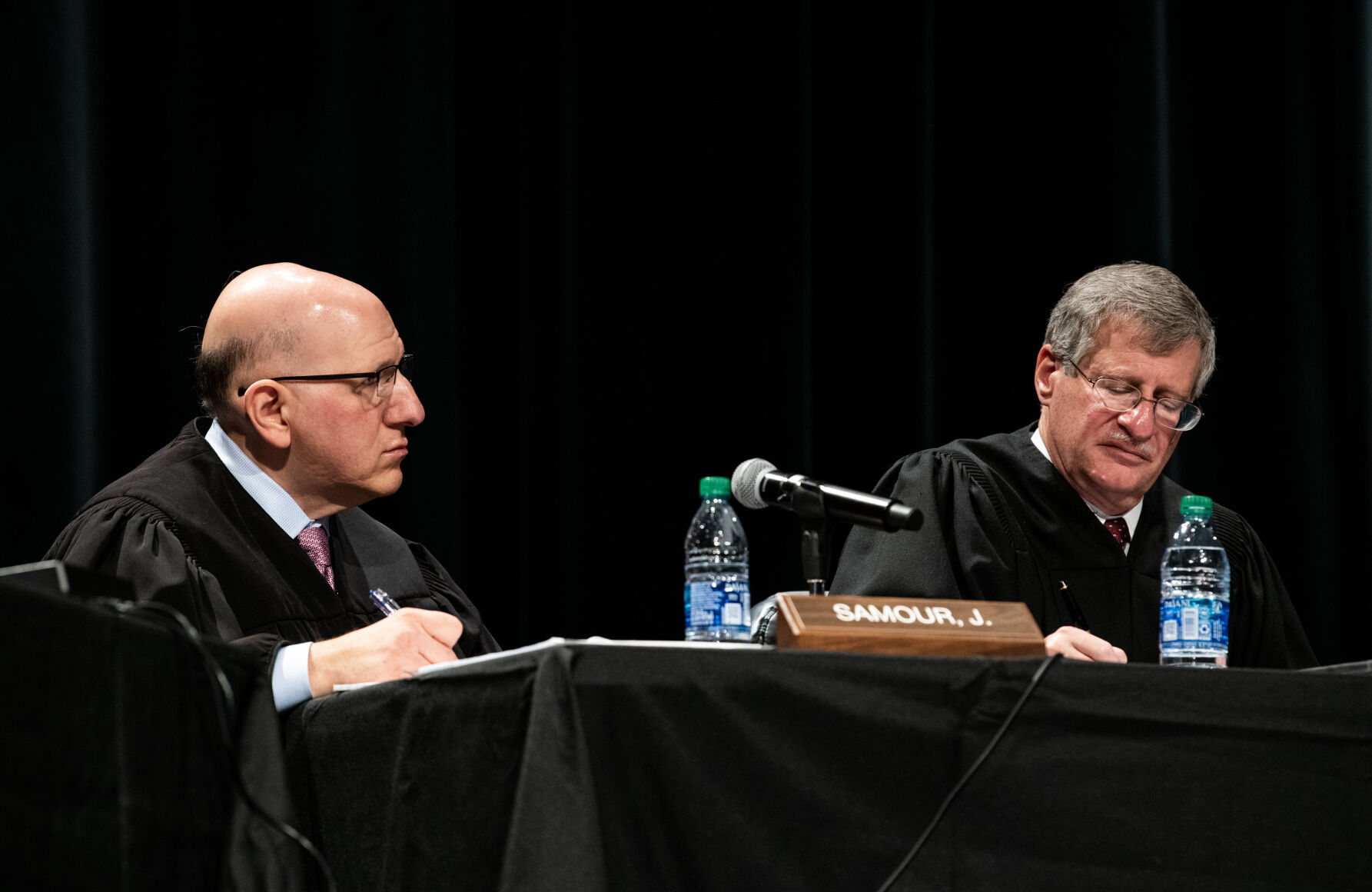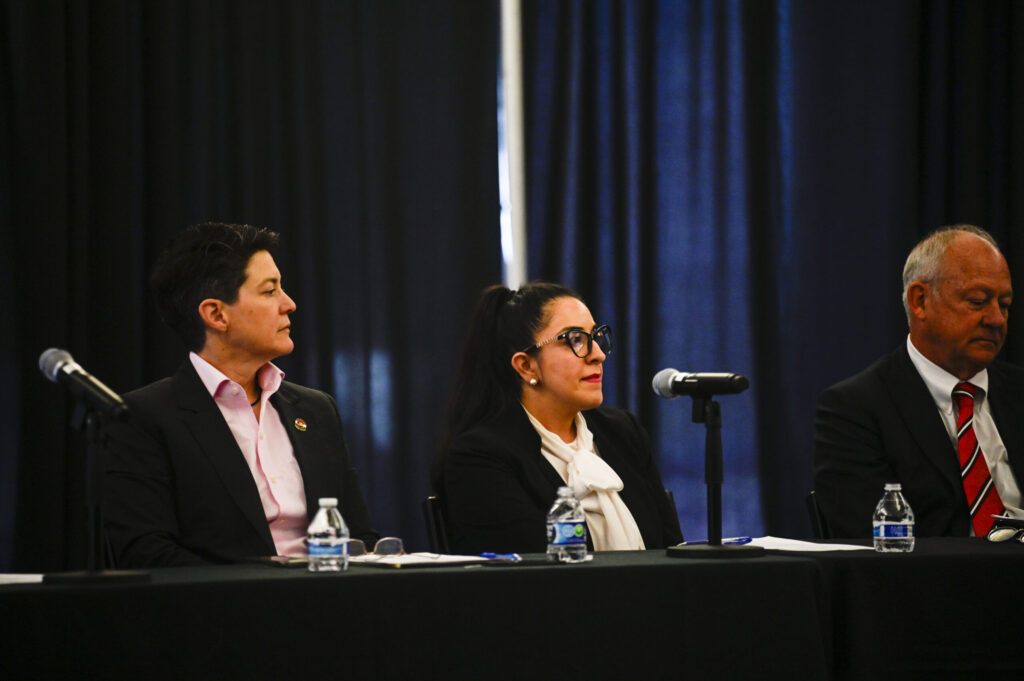Colorado Supreme Court rules ex-death penalty crimes now eligible for bail

Three years after Colorado lawmakers repealed the death penalty, the state Supreme Court has clarified that defendants accused of crimes formerly subject to capital punishment are now eligible to be released on bail.
The Colorado Constitution generally grants criminal defendants the right to bail pending trial, but carves out an exception for “capital offenses” where there is substantial evidence of guilt. The question for the Supreme Court was whether the abolition of capital punishment necessarily meant there are no more “capital offenses” in Colorado and every crime is now bail eligible.
The answer, said the court, is yes.
“First and foremost, the phrase ‘capital offenses’ plainly and unambiguously refers to offenses for which the General Assembly has statutorily authorized the imposition of the death penalty,” wrote Justice Richard L. Gabriel in the June 20 opinion. “Thus, if the death penalty is not statutorily authorized for an offense, then, by definition, the offense is not a capital offense.”

Traditionally, the prohibition on bail for capital offenses was to ensure an accused person would appear for trial when the harshest punishment – their life – was at stake.
In the case before the court, Jerrelle Aireine Smith was allegedly involved in the murder of Ryan Dillard in October 2021 in connection with a payroll scam. Charged with first-degree murder, an Adams County judge denied bail to Smith on the grounds that the end of the death penalty did not end the prohibition on bail for “capital offenses.”
Adams County prosecutors, in arguing against recognizing a right to bail for the most serious criminal offenses, cited a 1972 decision in which the state Supreme Court, without elaboration, wrote that murder is within the “class of crimes” for which pretrial release is not an option.
On the other hand, the New Mexico Supreme Court in 2018 addressed its own legislature’s abolition of the death penalty and rejected the Colorado court’s logic as “ungrounded in principle.”
Although the members of the current Supreme Court did not overrule the 1972 interpretation of “capital offense,” Gabriel minimized its impact, noting the legislature’s abolition of the death penalty was a game changer. He added that the death penalty still exists in limited scope, specifically for first-degree murder offenses charged before July 2020, when the repeal took effect.
Justice Carlos A. Samour Jr. wrote separately to suggest the legislature review all of the provisions of state law that reference “capital offenses,” as the court’s decision may affect how the law is now applied to former death penalty-eligible crimes beyond the right to bail.
During oral arguments last month, the defense attorney for Smith conceded the effect of making first-degree murder eligible for bail may not bring about major changes after all. A high dollar figure for pretrial release, said Adrienne R. Teodorovic, may render bail out of reach for defendants.
“It’s going to be difficult for many of the people we represent,” said Teodorovic, “because they are considered indigent and below the poverty line.”
The case is People v. Smith.














